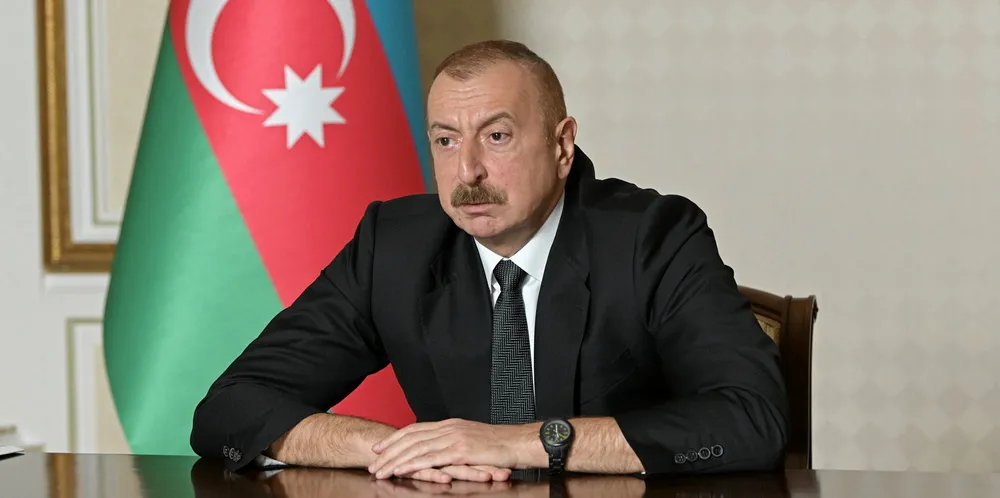Renewable energy 'theft': COP29 host Azerbaijan in legal battle with neighbour
Dispute centres on resources in mountainous region Azerbaijan seized back from Armenia following lightning offensive in 2020

Dispute centres on resources in mountainous region Azerbaijan seized back from Armenia following lightning offensive in 2020
